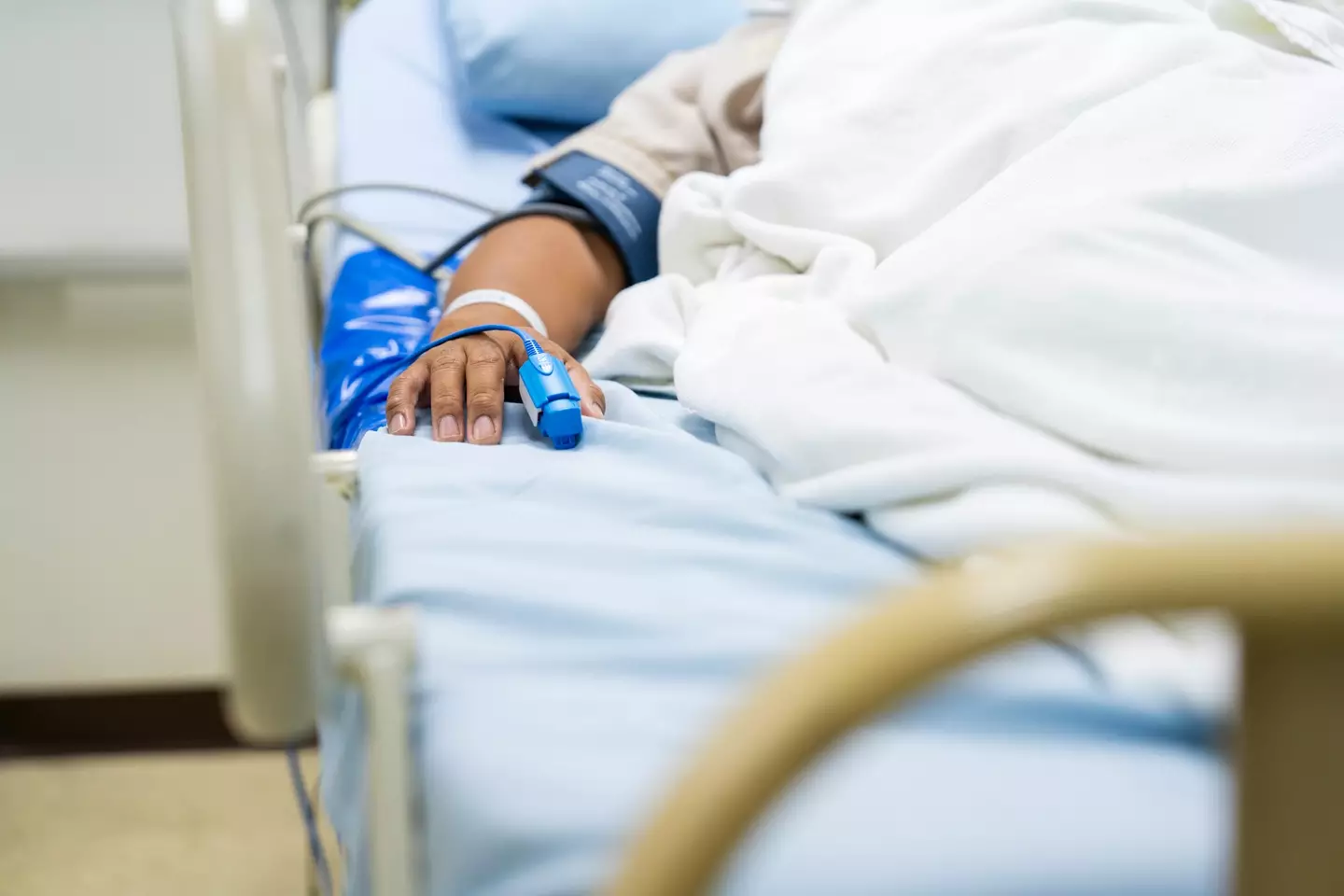Reports indicate that at least eight individuals have lost their lives along the Gulf Coast of the United States due to a ‘flesh-eating’ bacteria, leading health departments to issue advisories on preventive measures.
On July 30, the Louisiana Department of Health released a warning about Vibrio vulnificus, noting that 17 cases had been documented in the state by then. All those affected required hospitalization, resulting in four fatalities.
In Florida, data from July 24 indicated 13 cases of the infection and four deaths.
The Louisiana health department highlighted an ‘increase’ in infections, stating that current case numbers are ‘higher’ than usual.
They mentioned: “During the same time period over the previous 10 years, an average of seven Vibrio vulnificus cases and one death were reported each year.”

The department’s statement noted that Vibrio bacteria cause around 80,000 illnesses annually in the U.S.
This bacteria thrives in warm, low-salt marine environments, with the V. vulnificus species known for causing severe infections.
Transmission often occurs when an open wound makes contact with salt or brackish water, though about 10% of cases may arise from consuming raw or undercooked shellfish.
V. vulnificus is not contagious between people, but those with liver disease, diabetes, or weakened immune systems may be more susceptible.
In Louisiana, 75% of the cases reported involved wound or seawater exposure.

If you contract the bacteria, the Louisiana Department of Health warns of possible necrotizing skin and soft tissue infections.
Hemorrhagic bullae, or skin blisters filled with blood, may also occur.
The Cleveland Clinic lists additional symptoms like fever, low blood pressure, nausea, vomiting, and painful blisters.
For those concerned about infection, immediate emergency room visits are advised, as stated by the clinic. The Louisiana health department emphasizes that rapid treatment is ‘crucial’ to lower the risk of death from serious infections.
The department advises healthcare providers to employ ‘early antibiotic therapy and early surgical intervention’.
It further stresses ‘careful attention’ to wound sites, suggesting the removal of dead skin.
The Cleveland Clinic advises: “You shouldn’t wait for a Vibrio vulnificus infection to go away on its own.”
To minimize infection risks, Florida Health recommends avoiding water contact if you have fresh wounds.
They also advise immunocompromised individuals to ‘wear proper foot protection to prevent cuts and injury caused by rocks and shells on the beach’.

